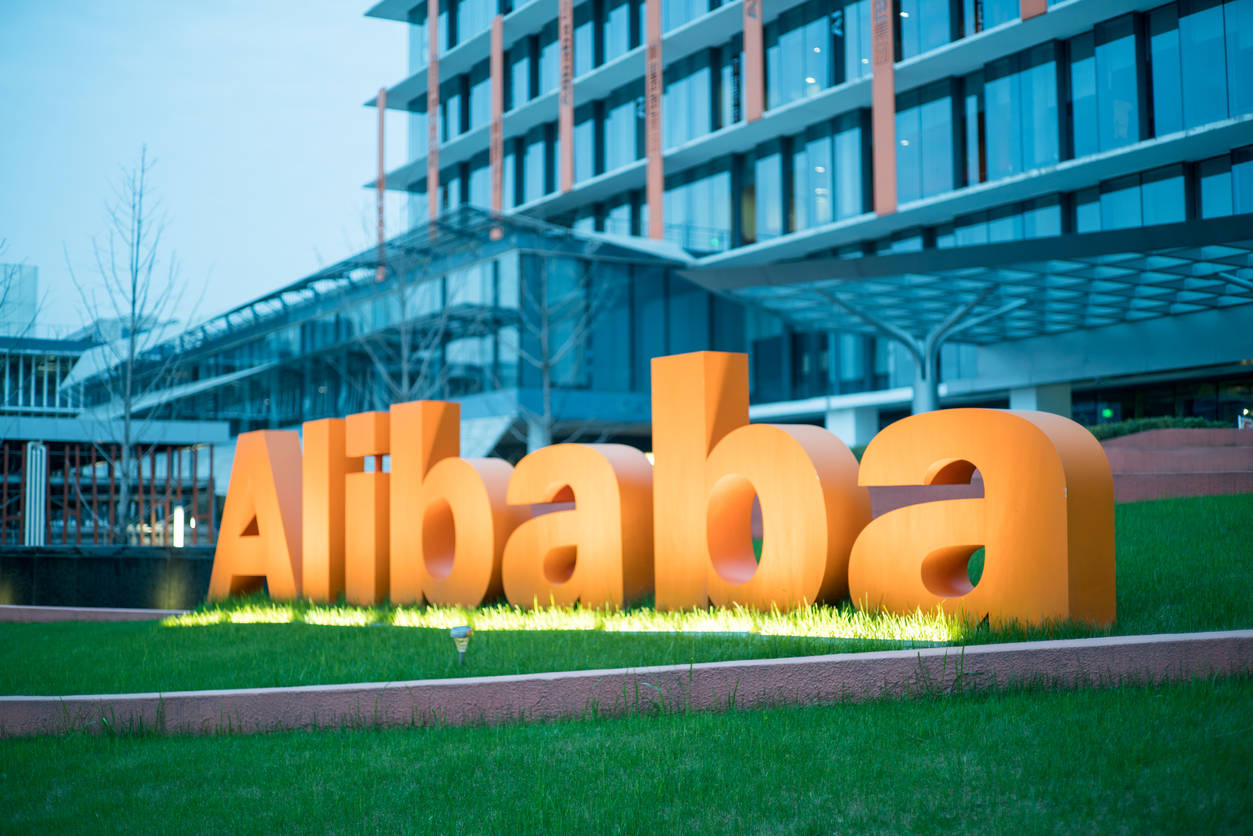(ATF) China has opened a new chapter of stronger regulation over monopolistic practices by internet giants such as Alibaba, Tencent, Meituan and Pinduoduo, as signaled by a recent Politburo meeting, analysts say.
The top decision-making body of the of the Communist Party of China (CPC) vowed on Friday to “strengthen anti-monopoly efforts and prevent the disorderly expansion of capital” at its meeting to set priorities for economic work in 2021.
The December Politburo meeting is a traditional precursor to the Central Economic Work Conference, which is usually held a week later. The Politburo meeting sets the overall economic objectives, while the latter lays out the reform plans, industrial and fiscal objectives, as well as sometimes setting a monetary policy agenda.
“To strengthen anti-monopoly efforts and prevent the disorderly expansion of capital is a very important statement by the Politburo,” Xie Yunliang, chief macro analyst at Minsheng Securities, said in a commentary.
Several recent events indicate that stronger anti-monopoly measures are coming, he said.
In early November, Ant Group’s IPO was suspended after China’s banking industry regulator introduced a new micro-lending rule that would significantly affect its profitability.
In mid-November, the State Administration for Market Regulation (SAMR) issued a draft of the Anti-Monopoly Guidelines for the Platform Economy Sector, which was aimed at regulating the internet sector.
Last Friday, a commentary printed in the Communist Party’s top mouthpiece, the Peoples’ Daily, accused China’s capital-rich internet giants of taking jobs away from grocers by offering community group buy services. “Don’t care about only the traffic brought by a few bundles of cabbage and a few kilograms of fruit,” the commentary said.
“Putting the pieces together, we can see that change is in the wind. It is expected that corresponding regulatory measures will be introduced,” Xie said.
Fines and inquiries
To warn its internet giants that China would not tolerate monopolistic practices and to brace for increased scrutiny, the SAMR slapped fines and announced probes into deals involving Alibaba Group and Tencent Holdings.
SAMR said on Monday it would fine Alibaba, Tencent-backed China Literature and SF Express-backed Shenzhen Hive Box 500,000 yuan ($76,464) each for not reporting properly on past deals for anti-monopoly reviews.
The market regulator said it would also look into a merger announced in October between Huya Inc and DouYu International – firms that livestream games. Tencent is a major investor in both and the Chinese tech giant had pushed the deal.
“The fines for the three cases are a signal to society that anti-monopoly supervision in the Internet field will be strengthened,” the SAMR said, even as it acknowledged the fines were relatively small.
This is the first time that Beijing has fined an internet company for violating the 2008 anti-monopoly law for not properly reporting deals that should have been vetted by officials.
A cautious warning
SAMR’s action serves as a cautious warning to the tech conglomerates, not wanting to disrupt the market with strong actions taken against these conglomerates, the research team of Everbright Sun Hung Kai said in a note.
“The market regulator applied the lowest fines they possibly could, so the recipients could perhaps count themselves fortunate,” they said.
“If a company is found guilty of improper reporting of an acquisition that could cement a monopolistic market share in an industry, then the fines are either under 500,000 yuan but the company must reduce their holding, or [pay a fine of] 500,000 yuan and above. The regulator therefore chose the lowest possible fine that also would not require the companies to cut their holding.”
This event and the Politburo meeting agenda demonstrates a consensus among policymakers that the internet giants must be more closely regulated, and their monopolistic practices cracked down, as well as their financial arms being kept in close check to manage systemic risk concerns, Everbright Sun Hung Kai said.
























